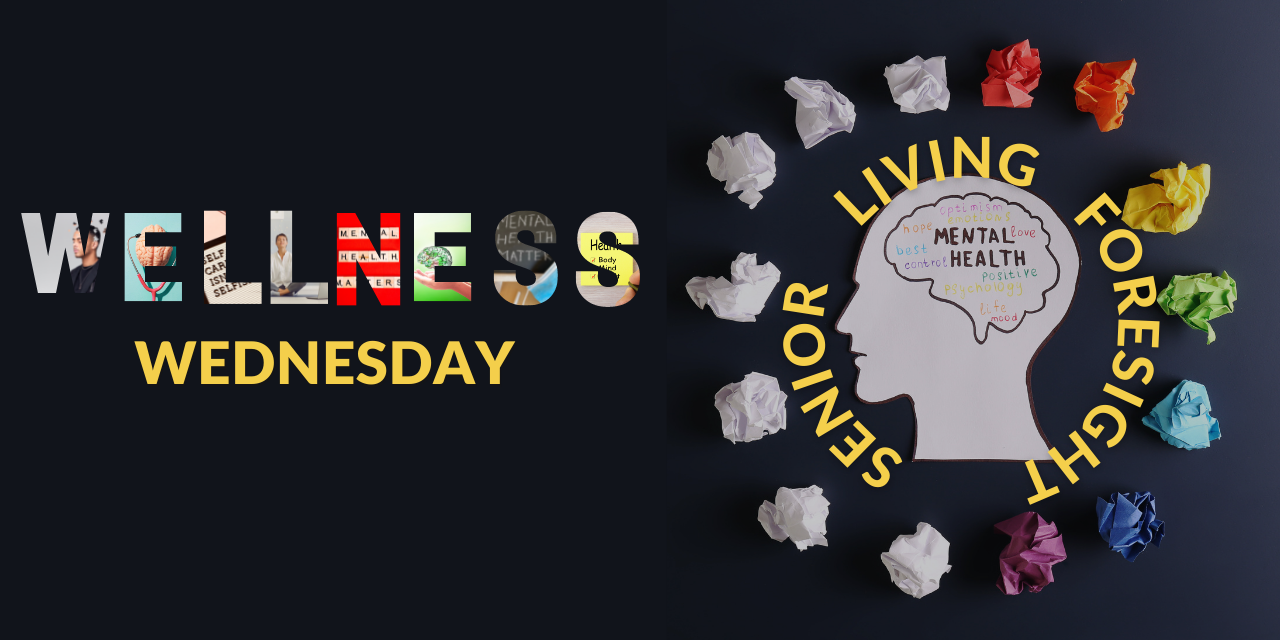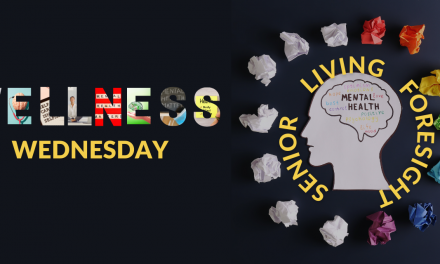By Norene Cashen
Can speaking help us to listen better? It might sound counterintuitive. But hear me out.
In my work in business and behavioral health, I’ve learned how powerful listening can be. Sometimes, I’ve learned the easy way, through training or practicing skills. And at other times, I’ve learned the hard way: by facing the consequences of not listening well.
Here’s an Example
While working on a catalog cover for a publishing company’s European market, I attended a planning meeting. I sat at a long table with the U.S. marketing team and my art director. We had an executive from Germany dialed in on a speakerphone.
The executive had reviewed a few mocked-up cover concepts we’d sent over. One featured the image of a tall tree, and one showed a futuristic library with tall, winding spires of bookshelves. With a strong German accent and using a few German words, she explained why one picture was stronger than the other.
Missed Opportunity
Instead of stopping and asking her to translate a few of those key words (an important part of listening), my art director and I assumed she preferred the image of the tree. I’m not sure why it was more comfortable to make assumptions, instead of pausing to ask questions. Maybe we were too embarrassed to admit what we didn’t understand. We missed an opportunity to create space for our colleague to give us more information. Doesn’t that sound like an essential part of active listening?
The Hard Lesson
The next cover design we sent to her wasn’t what she asked for. We had to do it all over again, and we certainly didn’t strengthen our relationship with this executive or her team. This was a consequence of not listening well.
In addition to asking questions, here are a few other things we could have done to be more effective listeners:
1. Be curious instead of perfect.
Being perfect isn’t possible anyway. But when we are curious, we lose our self-consciousness and our fears of looking silly or getting things wrong.
2. Allow others to be experts.
As soon as we realize we don’t need to be an expert on everything, we are liberated. We’re free to hear and appreciate what others are saying. We don’t have to know it all. In fact, things are a lot more interesting when everyone is bringing their own unique expertise to a conversation.
3. Reflect and paraphrase.
Another way to create space for more feedback from someone is to tell them how we are interpreting what they just said. We might start with, “So your point of view is …,” or, “What you’re saying is ….” This gives the other person a chance to correct any errors.
4. Never confuse being quiet with listening.
My art director and I were so quiet you could’ve heard crickets in that conference room. But in the end, we proved we weren’t listening. In fact, I remember the noise that was going on in my head as I was trying to decipher what our colleague in Germany was trying to communicate. We would’ve fared better if we’d opened our mouths and asked for clarification.







